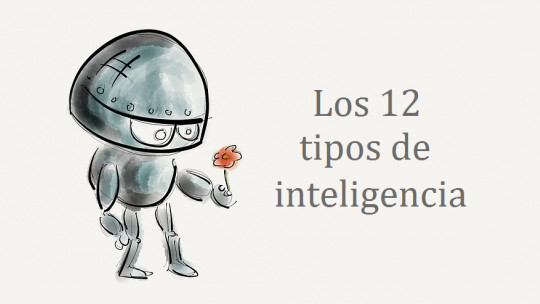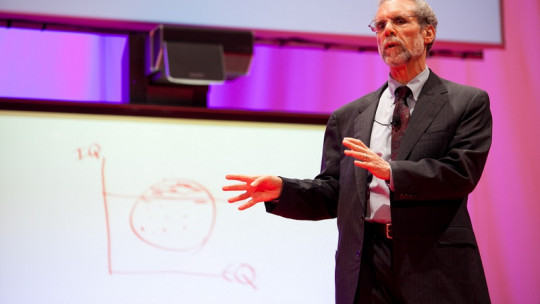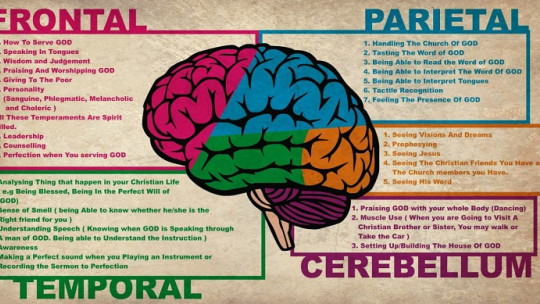Daniel Goleman launched the term into popularity Emotional Intelligence which shows the human being’s ability to know and dominate their own emotions and also those of others. That is, it is a type of knowledge that allows deepening oneself but also improves the quality of personal relationships and conflict resolution. Learning to express feelings on a daily basis in an assertive way is essential. However, it is a challenge that is not always easy, especially for those people who have a low level of self-esteem, or also for all those who allow themselves to be carried away by pride.
How does emotional intelligence help you in your daily life?
Well, first of all it helps you feel better about yourself while you are more aware of what all your capabilities and your internal potential are based on intelligence and will. But in addition, those people who have a high degree of emotional intelligence also live closer to optimism than to negativity, they are not afraid of change, and even if they are, they are capable of facing it.
Emotional intelligence helps you relativize thingsfar from dramas and worries. But also, through emotional control you learn to live more focused on the now than on the before or after. The ability to master emotions is not innate, that is, it is a learning that you can acquire and improve in your daily life, through training and also by learning from your own mistakes.
Setting new goals that you want to achieve. For example, perhaps you want to learn to control your anger attacks, jealousy in your relationship, the envy you feel towards certain people… Every path begins with specific points.
This article is merely informative, at PsychologyFor we do not have the power to make a diagnosis or recommend a treatment. We invite you to go to a psychologist to treat your particular case.
If you want to read more articles similar to Applications of emotional intelligence we recommend that you enter our Cognitive Psychology category.









